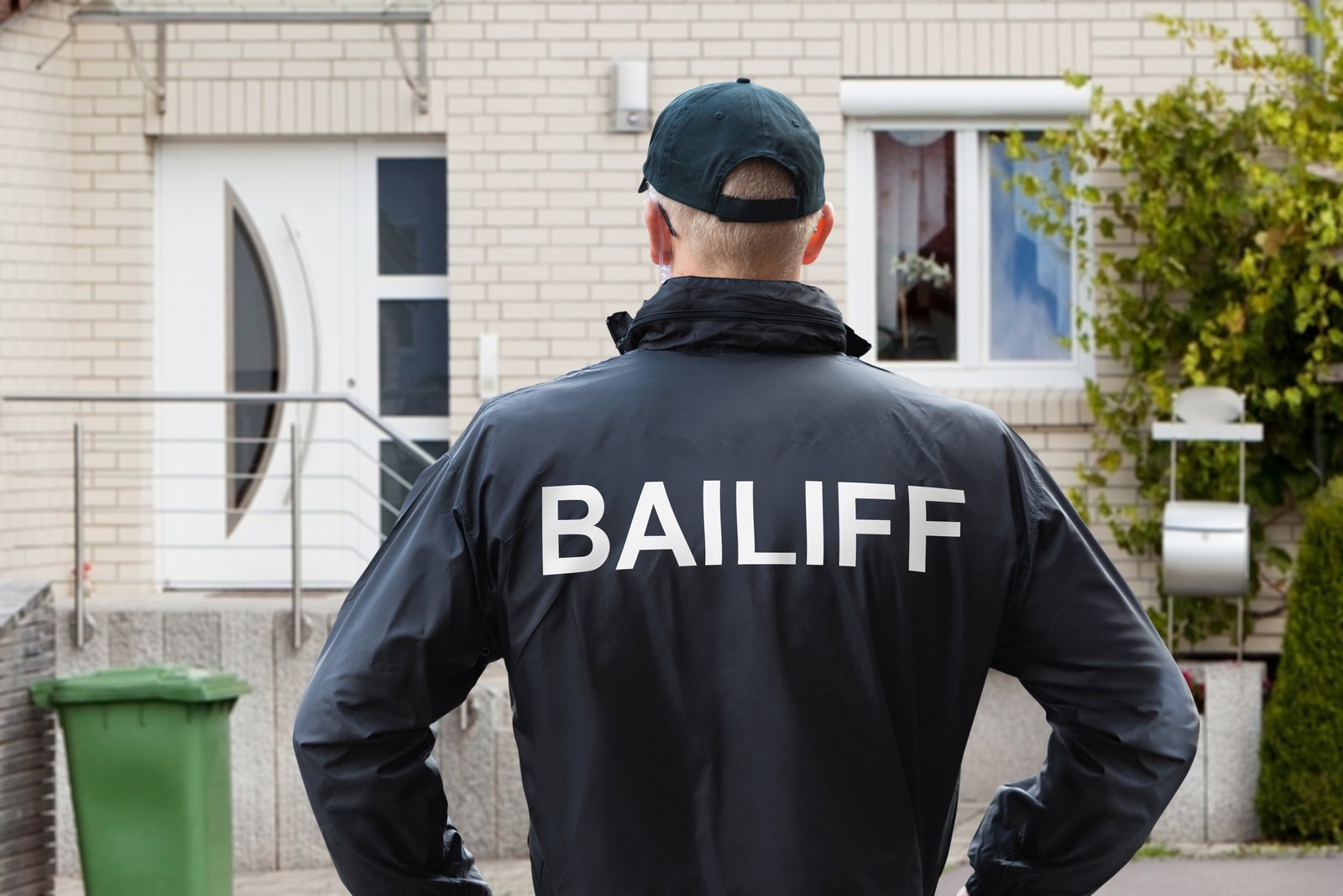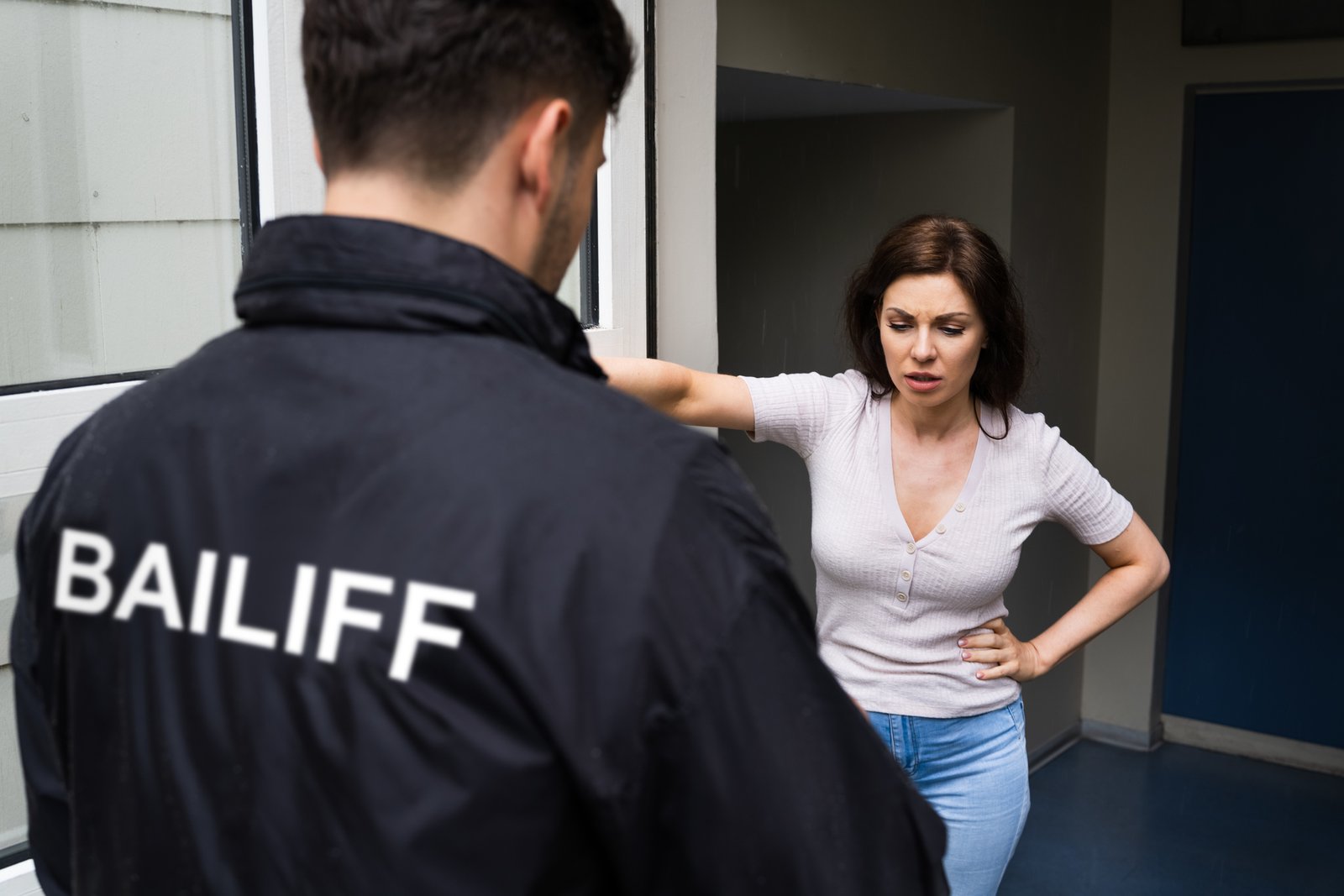A visit from the bailiffs can be stressful, but it may be even more challenging if you’re a vulnerable person. Here’s everything you need to know about how you should be treated by bailiffs when you’re vulnerable
Am I classed as vulnerable?
First things first, who qualifies as a vulnerable person?
There are many reasons why you might be considered vulnerable in the eyes of bailiffs, some related to permanent conditions while others are more temporary.
The list includes:
- People with a disability
- People who are seriously ill
- People with mental health problems
- Pregnant people
- People aged under 18 or over 65
- People who don’t speak or read English well
- People at high risk of COVID-19
You may also be classed as vulnerable if you’ve recently experienced severe stress or emotional upheaval such as:
- Losing your joy
- Being a victim of Scams
- Having someone close to you die
What should I do as a vulnerable person if I receive a notice of enforcement?
A notice of enforcement will be the first sign that bailiffs have been called in by your creditors and plan to visit your home.
As soon as you receive this letter, act fast. The earlier you get in touch with the bailiffs and explain that you’re vulnerable, the greater change you have of avoiding a bailiff visit completely. For speed reasons, it’s usually best to contact them by phone and the number should be listed on the letter.
If you’re not confident speaking on the phone or English is your second language, you can ask a carer, relative or friend to call on your behalf. They should explain who they are to the bailiffs and let them know if they have any legal credentials such as power of attorney.
Once you’re on the phone, explain your vulnerability and why it makes it more difficult for you to deal with bailiffs. You can also ask the bailiffs to cancel any future visits due to the distress they would cause.
When the call is over, consider following up with an email – with your creditor in CC – confirming who you spoke to and what was agreed on the call.
Do I need to show bailiffs’ proof of my vulnerability?
Don’t be surprised if the bailiffs ask for you to prove that you have vulnerable status. Depending on your vulnerability, your proof could include:
- A doctor’s note with information on your condition or treatment
- A letter from the Department of Work and Pensions or Social Services detailing any benefits you receive
- A Council Tax bill showing the adults who live in your home
If you’re asked to send this proof in the post, make copies rather than sending the originals, just in case. For added reassurance, ask for proof of postage at the Post Office.
How should bailiffs treat me if I’m vulnerable?
Once you’ve let the bailiffs know that you’re vulnerable, there are certain rules they should follow when it comes to how they treat you:
- They should never enter your home if you’re the only one there
- You should have extra time to negotiate a payment offer and prevent a bailiff visit
- They should never take, or threaten to take, items you need for your health
- They should adapt their communication method to suit your needs such as sending letters in Braille or offering a translator
What can I do if I’m not treated well as a vulnerable person?
If you don’t feel the bailiff has followed these four rules or that you’ve been treated unfairly due to your vulnerability, you have the right to complain. You can submit your complaint direct to the bailiffs’ employer or reach out to an organisation like Citizens Advice or a debt advice service to support you through the process.
Facing a visit from the bailiffs? Our team is here to help. Give us a call on 0161 768 4725 or send a message here.







